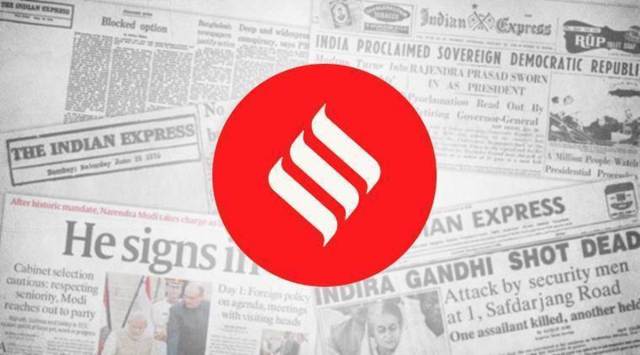
Abdullah Abdullah is no stranger to Delhi, and his visit last week as the Chairman of the High Council for National Reconciliation in Afghanistan was part of building a “regional consensus” for the Afghan talks in Doha between the Taliban and representatives of the Afghan government, civil society and others. India, with its age-old ties to Afghanistan, as well as its strategic interests in the region, is an important link in this process. The ball, now, is in Delhi’s court.
Delhi appears to have accepted that it has to play a role in the emerging Afghanistan. From Abdullah’s visit, it is apparent that Kabul also wants more Indian engagement in the process. But India seems as yet unsure as to what that role should be. Certainly, opening channels of communication with the Taliban now seems inevitable even though concerns about the Taliban’s links with the Pakistan-nurtured Haqqani network and the ISIL are only growing. India must also resolve a contradiction inherent in any outreach to the Taliban. Can Delhi continue to maintain that it will have nothing to do with Pakistan? At the very least, it would mean an acknowledgement that Pakistan has an equally important role in any regional consensus. Considering the differences in what each country and the two sides in the Afghan talks want as outcomes of the process in Doha, this is Delhi’s difficult dilemma to solve.